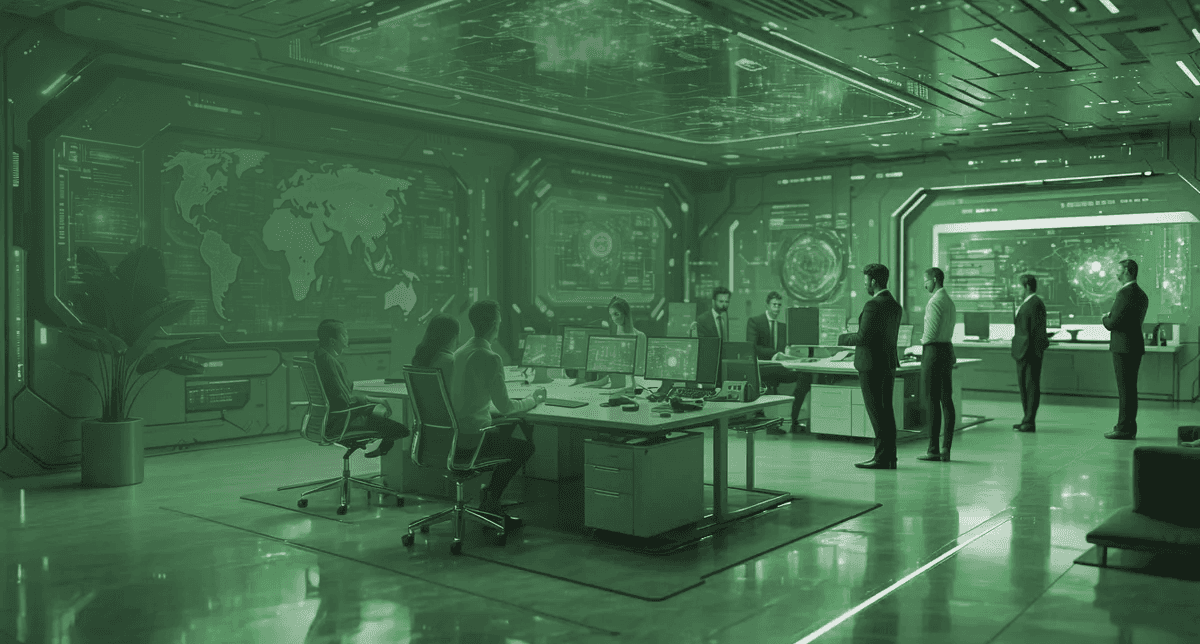Dec 14, 2024
3 Min

Neeraj Bhargava

🚀 "We are now inundated with new ideas about AI Agents, their autonomy, and their ability to 'independently' handle tasks while keeping 'humans in the loop.' AI Agents are emerging as a new breed of ‘digital workers,’ but our on-the-ground experiences in Aistra tell a different story." 🤖
While AI Agents hold tremendous promise, they face a tough road to acceptability—even more so than a new human employee. One way to enhance this acceptability? Treat AI Agents and Humans as partners and define their roles and responsibilities based on two critical ingredients to their success: Data and Trust.
In this first part of a three-part series, I’ll explore how we can think about and structure the emerging Human-AI Agent partnership—one that has the potential to significantly enrich both our work and lives. These three parts will focus on Data, Trust, and Partnership Options, assuming AI Agents will eventually become our co-workers, equipped with specifically developed superpowers. The key challenge now is determining how to best work with them.
Why Data is the First Step
Having the right and trustworthy data for AI Agents to do their magic is the first step toward creating a successful partnership. What’s often underestimated, however, is the variety of data that we, as humans, use in our work and lives. The data AI Agents need to access is far broader than many realize. Below is a list of the types of data we have access to, and that we now need to purposefully share with AI Agents.
Types of Data
Documented
Undocumented
Documented Data Sources:
Public and Private
Ready-to-use and Needs Scrubbing
Undocumented Data Sources
Private Databases
In Business/Other Formal Communication
In Informal Written Communication
Unwritten but Clear
Unwritten, Unclear, but Can Be Created with Prompts/Efforts
New Real-Time Events
Theoretically, to achieve parity with humans, AI needs access to all of this data. Autonomous AI Agents can only work with accessible data, and much of what’s needed is not easily accessible or even documented. This is why AI Agents need humans to provide access to and context for that data. Without human involvement, the full potential of AI Agents remains limited.
Why Humans Need AI
On the other hand, human efforts and creativity are riddled with leakages, asymmetric understanding, learning gaps, time limits, opportunity costs, and inefficiency.
This is why we need technology in general, and especially AI. AI can help plug these gaps, stretch our time, and make us more efficient and multi-dimensional in what we do. AI Agents can augment human capabilities, but we need to define what tasks they should handle and how we can manage, assist, and govern them to build a true Human-AI partnership.
But how far can we trust AI Agents and their output? Part 2 of this series will address that.


